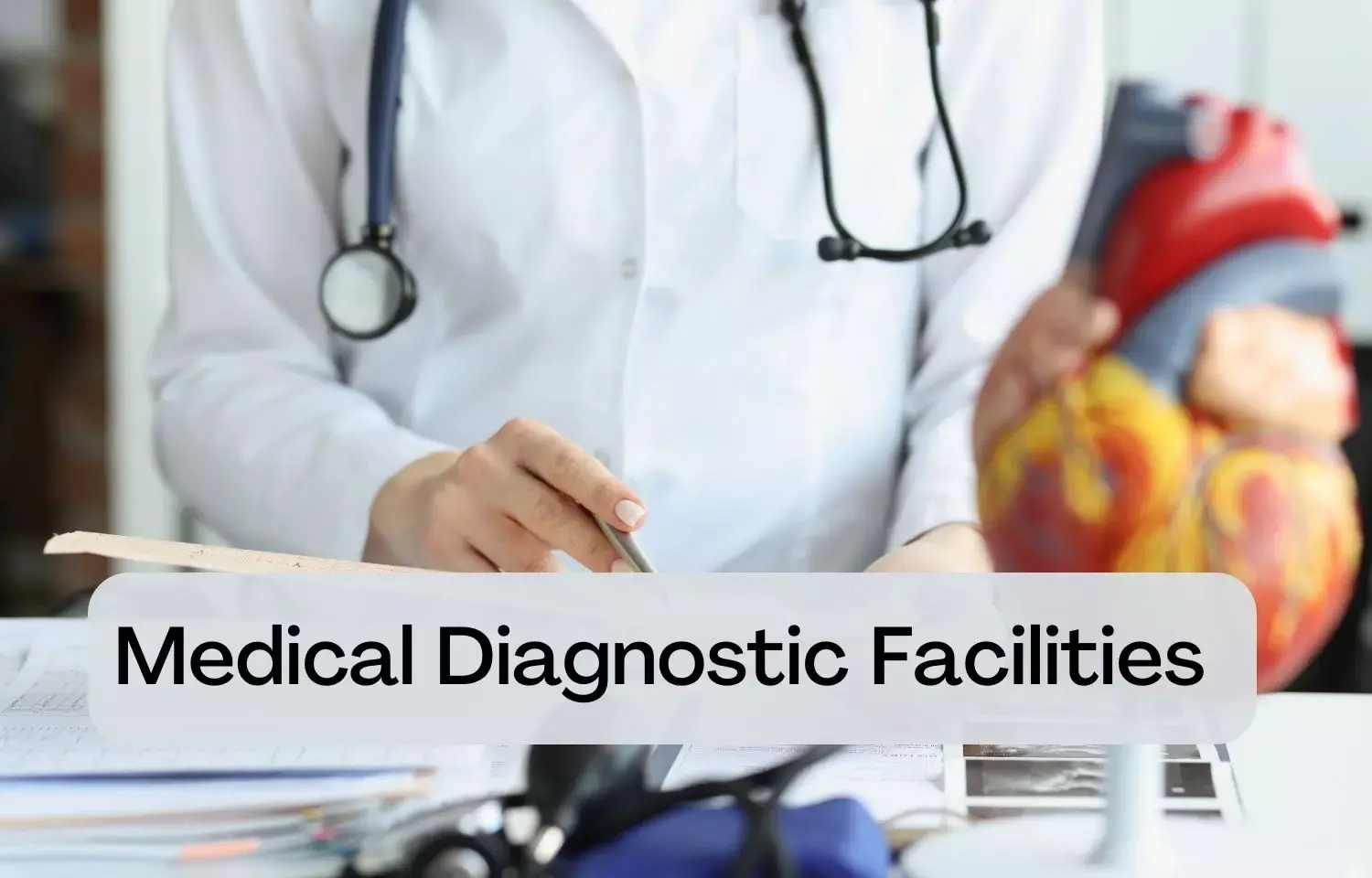- Home
- Medical news & Guidelines
- Anesthesiology
- Cardiology and CTVS
- Critical Care
- Dentistry
- Dermatology
- Diabetes and Endocrinology
- ENT
- Gastroenterology
- Medicine
- Nephrology
- Neurology
- Obstretics-Gynaecology
- Oncology
- Ophthalmology
- Orthopaedics
- Pediatrics-Neonatology
- Psychiatry
- Pulmonology
- Radiology
- Surgery
- Urology
- Laboratory Medicine
- Diet
- Nursing
- Paramedical
- Physiotherapy
- Health news
- Fact Check
- Bone Health Fact Check
- Brain Health Fact Check
- Cancer Related Fact Check
- Child Care Fact Check
- Dental and oral health fact check
- Diabetes and metabolic health fact check
- Diet and Nutrition Fact Check
- Eye and ENT Care Fact Check
- Fitness fact check
- Gut health fact check
- Heart health fact check
- Kidney health fact check
- Medical education fact check
- Men's health fact check
- Respiratory fact check
- Skin and hair care fact check
- Vaccine and Immunization fact check
- Women's health fact check
- AYUSH
- State News
- Andaman and Nicobar Islands
- Andhra Pradesh
- Arunachal Pradesh
- Assam
- Bihar
- Chandigarh
- Chattisgarh
- Dadra and Nagar Haveli
- Daman and Diu
- Delhi
- Goa
- Gujarat
- Haryana
- Himachal Pradesh
- Jammu & Kashmir
- Jharkhand
- Karnataka
- Kerala
- Ladakh
- Lakshadweep
- Madhya Pradesh
- Maharashtra
- Manipur
- Meghalaya
- Mizoram
- Nagaland
- Odisha
- Puducherry
- Punjab
- Rajasthan
- Sikkim
- Tamil Nadu
- Telangana
- Tripura
- Uttar Pradesh
- Uttrakhand
- West Bengal
- Medical Education
- Industry
Delhi to set up 10 Integrated Public Health Labs

Delhi to Establish 10 Public Health Labs
New Delhi: Delhi's public health infrastructure is set to undergo a major overhaul, with the government planning to set up 10 Integrated Public Health Laboratories (IPHLs) across the capital. The move aims to bolster diagnostic services at the primary healthcare level, ensuring faster disease detection and improved patient care.
The Department of Health and Family Welfare has constituted a dedicated committee to plan and implement the IPHL project. This panel has been tasked with submitting a comprehensive proposal by July 7, outlining infrastructure requirements, human resources, equipment, financial planning, and implementation timelines.
These state-of-the-art laboratories will serve Primary Health Centres (PHCs) and sub-centres in their respective districts.
Also Read: Delhi to Convert Mohalla Clinics into Sub-Centres of Arogya Mandirs
Medical Dialogues had previously reported that to strengthen disease surveillance and improve diagnostic infrastructure, the Delhi Health Department has identified 11 district hospitals to host Integrated Public Health Laboratories (IPHL). These labs will serve as a vital link between primary health centres, sub-centres, and more advanced diagnostic support systems across the city.
Also Read: Delhi Govt plans 11 Integrated Public Health Laboratories
Committee members will assess the requirements for each lab, including detailed specifications for medical equipment, workforce, operational protocols, and financial planning. As mandated by the scheme, each facility will be equipped to conduct a minimum of 118 essential diagnostic tests.
Selected hospitals include Lal Bahadur Shastri Hospital, Lok Nayak Hospital, Jag Pravesh Chandra Hospital, Rajiv Gandhi Super Speciality Hospital, Satyawadi Raja Harish Chandra Hospital, Maharishi Valmiki Hospital, Acharya Shree Bhikshu Hospital, Pt Madan Mohan Malaviya Hospital, Ambedkar Nagar Hospital, and Indira Gandhi Hospital, reports TOI.
Each IPHL will operate 24/7 and maintain a dedicated workforce, including three specialists and ten laboratory technicians working in shifts, supported by essential non-clinical staff.
Speaking to TOI, an official said, "IPHL plays a vital role in supporting regular surveillance activities and investigating disease outbreaks. The vision is a reduction in mortality, morbidity, and out-of-pocket expenditure by effectively preventing and controlling the diseases through rapid and reliable screening, early detection, and laboratory diagnosis of communicable, non-communicable, and other emerging diseases."
Beyond routine testing, IPHLs will have the capacity to process both clinical and environmental samples during public health emergencies. They will support diagnosis for high-priority diseases such as tuberculosis, HIV, malaria, and viral hepatitis, and will meet biosafety level 2 laboratory requirements.


